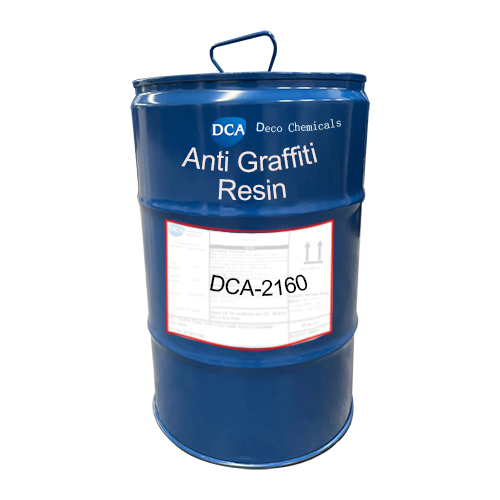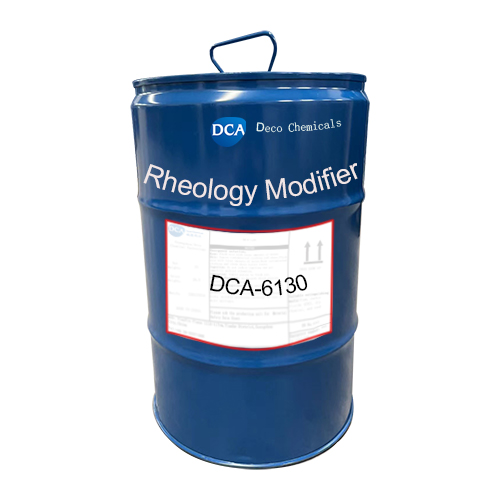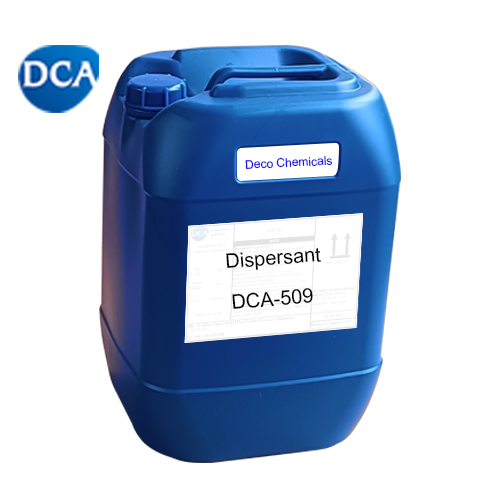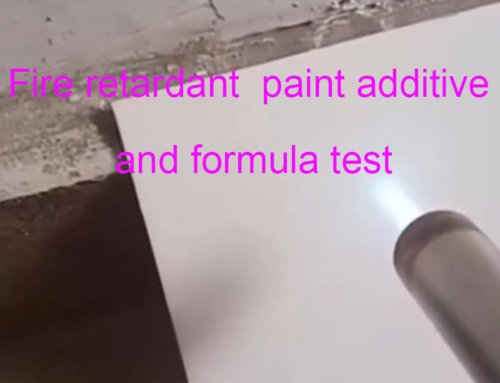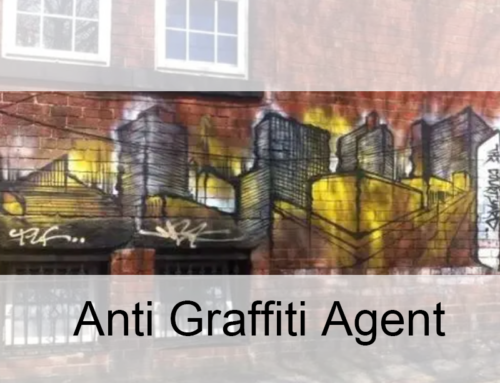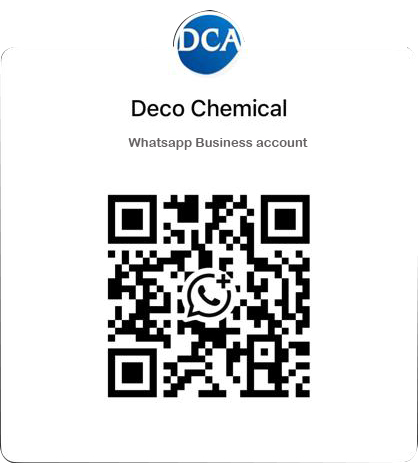What is self clean coating?
A self-cleaning coating, also known as a self-cleaning paint or surface treatment, is a type of coating that has the ability to remove dirt, dust, and other contaminants from its surface without the need for manual cleaning. The self-cleaning effect is achieved through the coating’s unique properties, which usually include water and oil repellency, as well as a low surface tension.
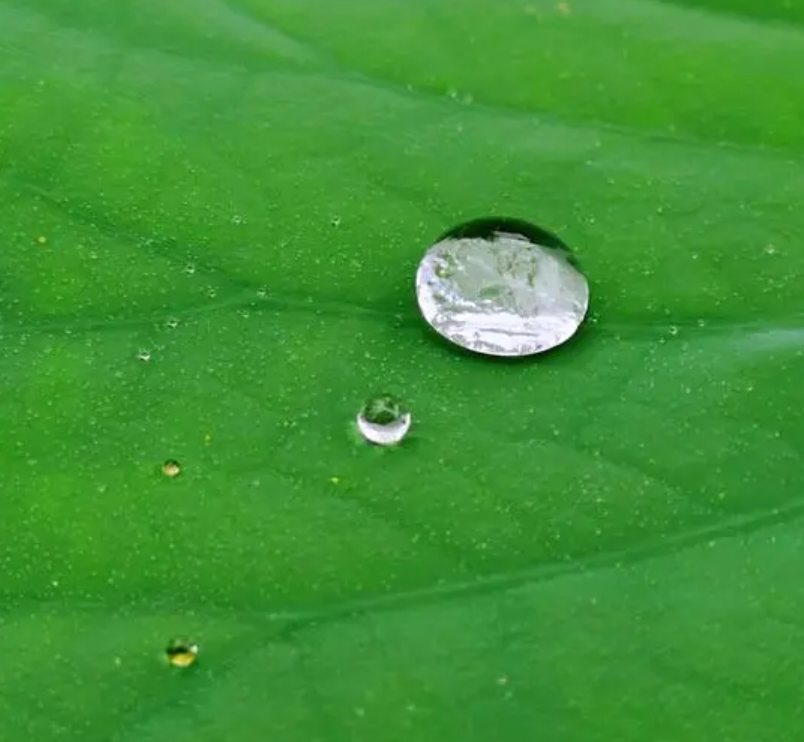
Self-cleaning coatings work by creating a thin and continuous film on the surface, which repels water and prevents dirt particles from adhering strongly to it. When water or rain droplets come into contact with the surface, they tend to form spherical beads and roll off, carrying away the accumulated dirt and debris with them. This process is known as the “lotus effect” because it is similar to how water droplets roll off a lotus leaf, taking away dirt in the process.
Self-cleaning coatings have various applications in industries such as construction, automotive, electronics, and even consumer products. They are used to maintain cleanliness, reduce maintenance costs, and provide long-lasting protection for surfaces exposed to outdoor or challenging environments.
How does our product achieve self-cleaning effect?
DCA-2160 is an organic silicone resin designed to possess self-cleaning and anti-staining properties. In self-cleaning and anti-staining coatings, this resin migrates to the surface during the drying process, forming a continuous film that reduces the surface tension of the coating. As a result, water and pollutants have difficulty adhering to its surface, achieving an effect of easy cleaning, anti-sticking, and anti-pollution. DCA Application Center conducted application tests on the self-cleaning and anti-staining performance of DCA-2160 resin in paint formulations, for exchange and reference purposes.
After preparing the paint samples, they were mixed with HDI curing agents and 325 amines in a certain ratio and sprayed on the sanded surface of a metal plate. After air drying for 5-10 minutes, the samples were baked at 60°C and 120-130°C for 30 minutes to obtain the panels.
2.The test result


Sprinkle vinegar on the sample board, wipe the sample board with a dry paper towel, and there will be no traces left


Spray iodine on the sample board, leave it for 5 minutes, then wipe it with a dry paper towel, and there will be no traces left.


Mark on the sample board using different markers, let it dry for 5 minutes, then wipe it with alcohol.


Apply oil on the sample board, leave it for 5 minutes, then wipe it with a dry paper towel, and there will be no traces left.
The above experiments show that the self-cleaning performance of DCA-2160 resin in an 325 amine curing paint system is more pronounced than that in an HDI curing agent cross-linked system. This could be due to the denser cross-linking in the amine system, making it more difficult for pollutants to adhere and penetrate, thus making it easier to clean.
3.The additves what we used in the formula as following
Deco Chemical is a professional paint additives manufacturer, ranking among the top three in the paint additives industry in China. We are currently seeking importers or distributors in your country and are also open to customizing specialty paint additives for specific applications. Let’s collaborate to develop the market together.
